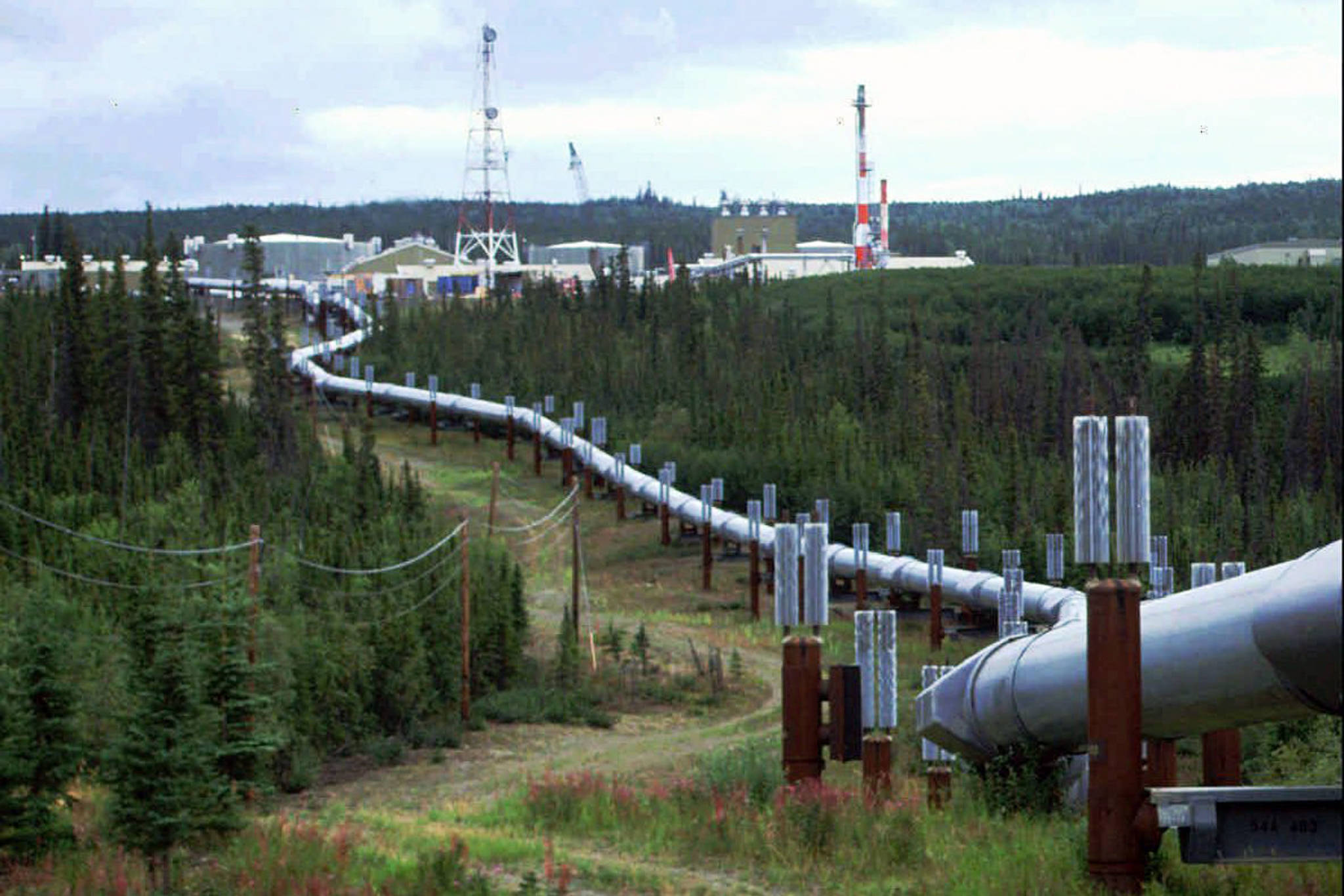I’m proud to say I was raised in Nome, so I know a thing or two about the economy of rural Alaska. I understand that in many places there are more workers than jobs and most households keep themselves going with a mix of cash, subsistence, sharing and other non-cash trading. That’s a world away from the state’s urban economy, where I now live.
But I also understand that while the economies of rural and urban Alaska are far different, they both are fueled by oil. Eighty percent of that oil comes from the three North Slope oil fields most threatened by Ballot Measure 1.
Ballot Measure 1 raises the production tax on these three fields by 188%. That’s not a math mistake. That’s the finding of a new economic analysis conducted for the ANCSA Regional Association (ARA), which is made up of the leaders of Alaska’s regional Native corporations. Ballot Measure 1 will cost Alaska thousands of jobs, billions of dollars and create more problems for communities statewide where the jobs of 40,000 Alaskans have already been lost.
That’s why Arctic Slope Regional Corp, Bering Straits Regional Corp., NANA, Calista, Bristol Bay Native Corp. and Doyon Limited all oppose Ballot Measure 1. As Aaron Schutt, president of Doyon and chair of ARA, said: “The study we commissioned to analyze Ballot Measure 1 revealed unacceptable consequences. Thousands of lost jobs, less revenue to the State and a decrease in investment activity are all bad news for Alaskans, especially the 135,000 shareholders represented by ARA’s member organizations. Make no mistake, it would be harmful to Alaska and Alaskans if this passed, and we urge a no vote.”
The reason Ballot Measure 1 is so dangerous is that oil supports one out of every four jobs in Alaska and half our state budget. That’s a big lift that primarily falls on the three aging oil fields that need billions of dollars of new investment each year to keep production up. If you tax all the profit away, you eliminate needed investment dollars and oil production goes down.
When production falls, so do the state revenues that pay for our schools, airports and public safety — along with the annual PFD.
A healthy oil industry helps our Native corporations’ bottom line. Every regional corporation in rural Alaska, along with many village corporations, owns at least one subsidiary that services the oil industry. And through the provisions of 7(i) and 7(j), ASRC shares the money it earns from its oil holdings with all the regional and village corporations. Reducing income from ASRC’s mineral holdings will directly reduce the 7(i) and (j) revenues.
2020 has been an especially tough year for Alaskans. COVID-19 and an overseas oil price war have crushed our economy. Tens of thousands of Alaskans have lost their jobs. State revenues have plummeted. Ballot Measure 1 will just make our already battered economy even worse. Even if you think oil companies should pay more, 2020 is the wrong year to do something like this. Alaskans just cannot afford Ballot Measure 1.
Dave Karp is senior vice president and managing director, Alaska, for Saltchuk. Saltchuk owns and operates a family of transportation and petroleum services companies throughout the state including Northern Air Cargo, Tote Maritime, Delta Western and Carlile Transportation. He is a 50-year resident of Alaska and resides in Anchorage.

